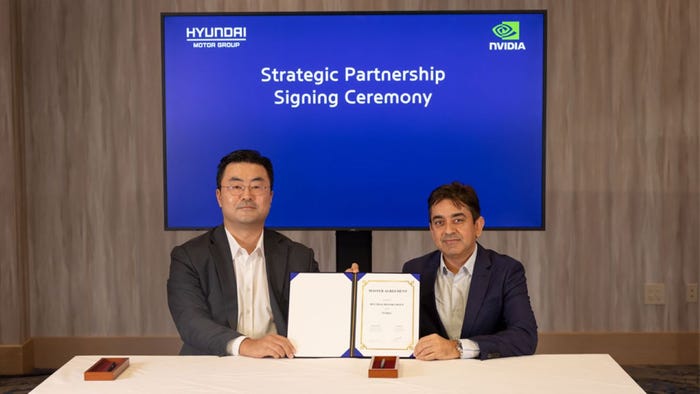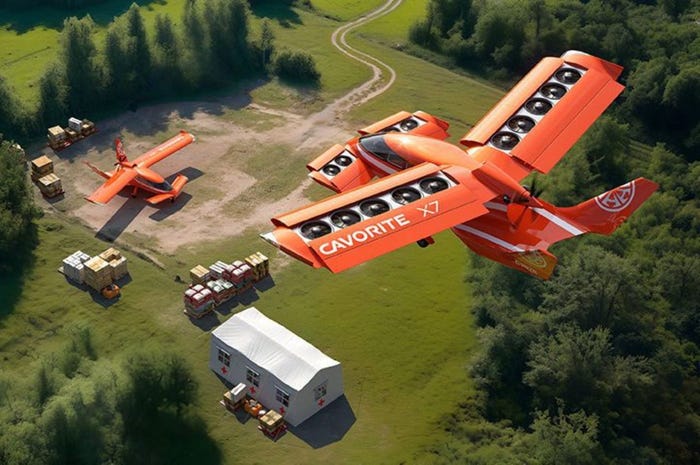Amazon Expands Zoox Self-Driving Taxi Testing
Zoox is also increasing the speed of its vehicles and testing them in more challenging circumstances
.jpg?width=1280&auto=webp&quality=95&format=jpg&disable=upscale)
Amazon’s self-driving arm, Zoox, is expanding its operations.
The company has been testing its purpose-built autonomous vehicle in Las Vegas, Nevada, and Foster City, California, since last year, and is now upping the ante as it builds towards a commercial launch.
.jpg?width=700&auto=webp&quality=80&disable=upscale)
Zoox's autonomous vehicle, side view Credit: ZooX
In Vegas, Zoox is extending the geofenced area that its AV is testing in, and it will now stretch to around five miles across a variety of routes from the company’s office in the city to the south end of the Strip.
According to Zoox, this new, expanded area incorporates a host of more complicated driving scenarios, including three-lane roads, lane changes, unprotected right turns onto high-speed roads, and double-right and left-hand turn lanes.
These conditions are claimed to be the busiest the AV has ever encountered and will provide plenty of useful data as Zoox continues to scale.
Alongside the larger coverage area, Zoox is also increasing the speed of its vehicles, and testing them in more challenging circumstances, including in poor weather and at night-time.
Although the AV has a maximum speed of 75 mph, until now it has been limited to 35 mph in both Vegas and Foster City. As per the incremental progress we have become accustomed to in self-driving vehicle development, this will now be increased to 45 mph in both locations.
Zoox will also be testing in light rain, which can pose specific problems for AVs because of the potential for lidar sensors to be distracted by reflections from puddles.
However, having tested a fleet of Toyota Highlanders fitted with its autonomous tech in typically wet Seattle, Zoox is confident about its vehicles’ ability to cope with adverse weather.
Additionally, having trained and refined its machine learning models to be comfortable operating in the dark, there will now be more night-time driving.
Unlike the Waymo and Motional self-driving taxis currently operating in the U.S., the Zoox AV has been developed specifically to operate without a driver.
It has no conventional driving controls, but offers seating capacity for four, and a 133 kWh battery is claimed to give the robotaxi the ability to drive all day. Four-wheel steering endows it with supreme maneuverability in tight urban streets, while an external lighting system informs other road users of its intentions.
Following a disastrous few months for rival self-driving taxi operator Cruise, Zoox is being very careful to promote safety as it prepares to launch to the public later in 2024.
A blog post on its website read: “We’ll continue to be measured and thoughtful in our approach to commercialization. These critical updates bring us closer to safely and confidently offering Zoox to the public. We can’t wait for you to experience the first ride later this year.”
About the Author
You May Also Like








